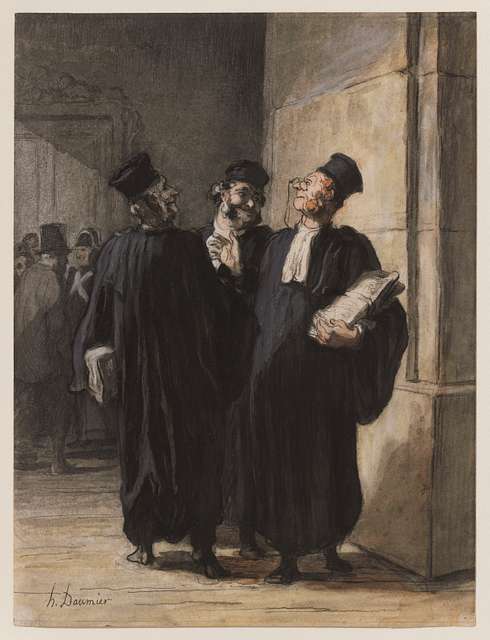Industry News
Senate Committee Brainstorms Avenues to Combat Forced Labor
TweetMay 24, 2023
By:
Pietro N. Bianchi
The Uyghur Forced Labor Prevention Act (“UFLPA”) was the center of attention at a trade hearing hosted by the Ways and Means Committee at the Global Containers Terminal on Staten Island on May 9th. Numerous methods for tackling forced labor were discussed at the hearing. The Ways and Means Committee’s discussion is another indication of a growing dissatisfaction with current U.S.-China politics in Congress.
 Committee Chairman Jason Smith, R-Mo., stated that Congress should annually appropriate funds comparable to the $70 million appropriated in 2023. In April, CBP identified 377 shipments for further examination due to suspected use of forced labor. That is numerically less than the 400 shipments identified in March. However, Custom’s examinations could be viewed as an improvement since April’s shipments were valued approximately $36 million higher than March’s shipments. Allocating more funds toward enforcing forced labor should noticeably increase these figures.
Committee Chairman Jason Smith, R-Mo., stated that Congress should annually appropriate funds comparable to the $70 million appropriated in 2023. In April, CBP identified 377 shipments for further examination due to suspected use of forced labor. That is numerically less than the 400 shipments identified in March. However, Custom’s examinations could be viewed as an improvement since April’s shipments were valued approximately $36 million higher than March’s shipments. Allocating more funds toward enforcing forced labor should noticeably increase these figures.
The Committee also considered making Chinese imports ineligible for de minimis entries. Under Section 321 of the Tariff Act, an importer may enter goods valued at less than $800 duty free and without formal entry in what is called a de minimis entry. The Committee called de minimis entries a loophole that allow for evasion of tariffs and other U.S. laws resulting in the entry of forced labor, fake, and dangerous goods. It is hard to refute these statements when considering the precedent of devaluation and split shipments used in conjunction with the de minimis rule to evade U.S. law. Conversely, removing the de minimis rule could over burden entry processes at the border, as well as disrupt e-commerce business models.
One activist stated that UFLPA should be expanded to all of China rather than covering only the Xinjiang Uygur Autonomous Region because Uyghurs and other ethnic minorities in China are being forcibly transferred throughout China for labor. Similarly, the Forced Labor Enforcement Task Force was again criticized for not adding any new entities to UFLPA’s mandated list.
There was also discussion of reforming antidumping and countervailing duty procedures, which some viewed as too lengthy and costly to help American Industry. Commerce also thinks that the antidumping and countervailing duty process needs to be streamlined, indicating that reform is on the horizon.
There was a call to impose criminal penalties on entities that facilitate forced labor, as well as human trafficking and genocide. While this is not likely to be enacted any time soon, it does highlight the accountability the trade community believes importers bear.
If you have questions about forced labor or supply chain risk mitigation do not hesitate to contact an attorney at Barnes Richardson, & Colburn LLP.
